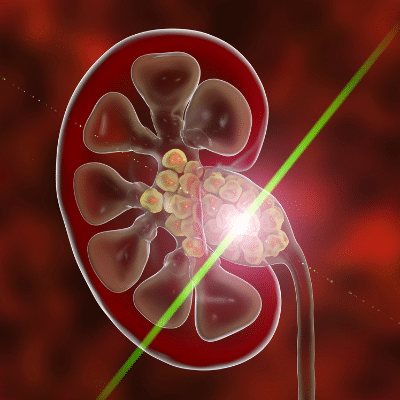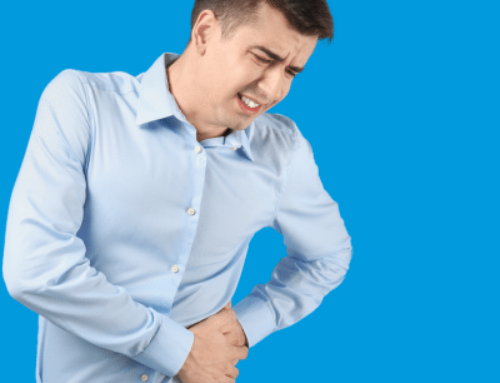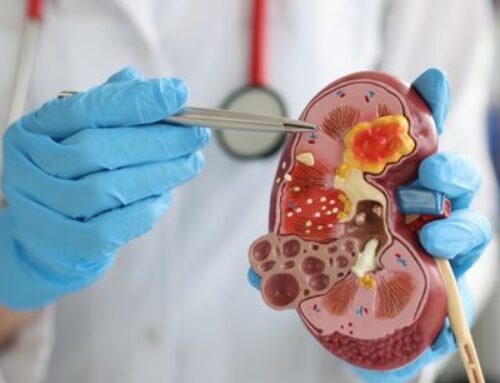Some people experience kidney stones a few times in their lives, while others suffer from chronic kidney stones. What are they? Who is at risk for chronic kidney stones, and what can be done about them. Keep reading to find out!
What are Chronic Kidney Stones?
Kidney stones are tiny hard deposits made of minerals and salts that are formed inside of the kidneys. The stones are often caused by concentrated urine, which creates the environment for minerals naturally found in urine to crystallize. As kidney stones pass through the system, the pain can be mild to extremely painful.
Chronic kidney stones occur when people have kidney stones over and over and/or when a kidney stone takes a very long time to pass through the system. Those who suffer from chronic kidney stones often experience both recurrence and significant difficulty passing.
Who is at Risk of Having Chronic Kidney Stones?
Kidney stones often result from a poor diet and not maintaining hydration. Obesity is another key risk factor for kidney stones, but the correlation between obesity and kidney stones to specific lifestyle choices includes:
- High Sugar Intake
- High Salt Intake
- Low Calcium Intake
- Not Drinking Enough Water
- Not Exercising Enough
Kidney stones are also a potential side-effect of certain prescription medications. Infections may also lead to chronic kidney stones, and genetics can play a role in the likelihood of getting them.
What Can I Do?
The first step toward stopping chronic kidney stones involves healthier living. Try these lifestyle changes for relief and prevention:
- Drink More Water – this step alone can significantly impact the prevalence of kidney stones
- Commit to Exercising Regularly – even mild stretching and short walks can help
- Limit the Consumption of Salts, Sugars & Processed Foods – these types of foods contribute to the formation of kidney stones
For a natural remedy, try drinking a glass of half water and half apple cider vinegar. The vinegar helps break down the stones. Drinking Kombucha, or fermented tea, in moderation has also been shown to help break down kidney stones and improve the overall functioning of the kidneys.
If chronic kidney stones persist after you’ve made diet and lifestyle changes, it’s time to consult your doctor. If you are taking prescription medication, ask your doctor whether the side effects of the medication include kidney stones. Schedule an appointment today.
Consult your doctor immediately if you have blood in your urine, have severe difficulty urinating, experience severe pain regardless of body positioning, or if you experience vomiting, fevers, or nausea.





